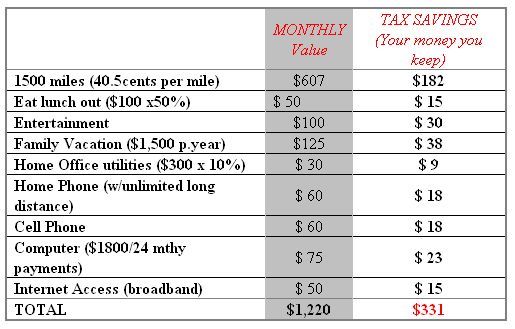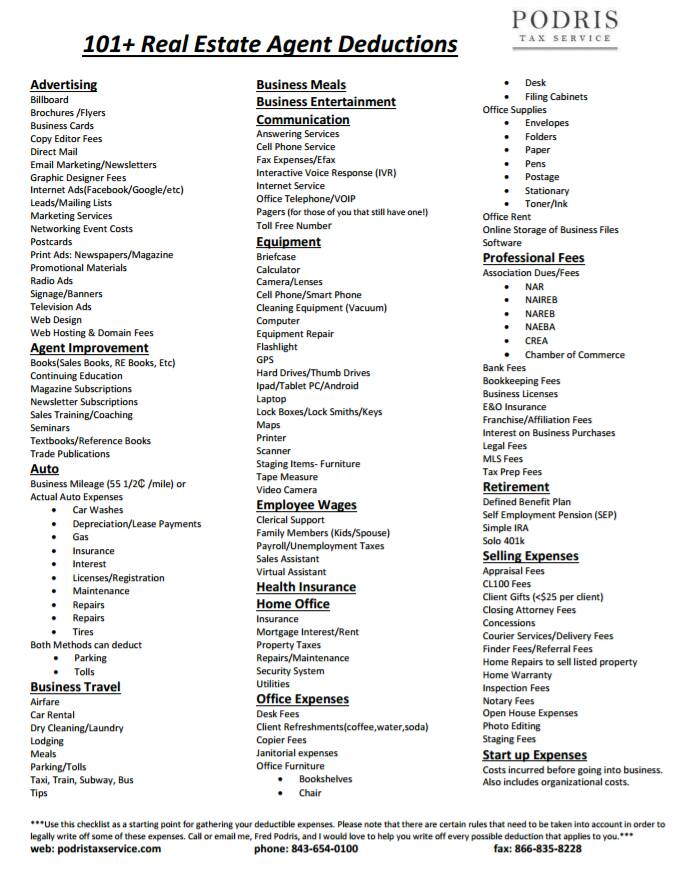
If your business invested in services to help pivot-say from brick and mortar to online services-the research and development credit could provide huge savings come tax time. This increased limit will allow businesses a larger tax break this year and next." Research & development credit Jacob Dayan, CEO of Community Tax, notes that "Any business interest expense not able to be applied for this year can be carried into the next year. The previous limit of 30% adjusted taxable income (ATI) has been increased significantly, to 50% for 20. While the depreciation life used to be set at 39 years, it was decreased to 15 years to reduce the time it takes for a small business owner to recoup their investment. New, temporary accelerated depreciation rules allow bonus deductions for renovations of property and health and safety upgrades to encourage businesses to make those changes for their staff and the public's safety.

The scope of federal deductions small businesses can make on depreciating assets has also been expanded. Accelerated depreciation rules for qualified improvement property This means that if your business loses money this year due to COVID or any other reason, you should be able to receive money back sooner than you would have pre-pandemic. This limitation has now been removed," notes John Johansen, CPA at TaxFirst, Inc. "In addition to that, those losses could only offset 80% of the taxable income in the year they were used. "Before the CARES Act, NOLs had to be carried forward, which meant businesses couldn't receive a tax benefit for the NOL until they filed future returns," says Tim Yoder, Tax and Accounting Analyst at FitSmallBusiness. The CARES Act modified the treatment of Net Operating Losses (NOLs) incurred in 2018, 2019, and 2020 to offset taxable income from the five previous years. Here are a few tax-saving issues you should explore. The ban on W-2 employees claiming home-office deductions on their taxes will expire after the 2025 tax year.While you're probably aware of the small business loans and payroll tax credits that flooded the news cycle in the early days of the pandemic-they aren't the only financial relief available to small business owners.

The only Americans who will be eligible for the deduction are those who are self-employed, gig workers or independent contractors, CNBC previously reported.

"At that point in time, it was just a decision from a revenue raiser standpoint in order to balance the scorecard to get the bill passed." "Obviously, that was well before the pandemic that would change the way in which people work and where they work and how they do their work," he says. The IRS clarified the rule-change in the summer of 2020 when large swaths of the country were in the midst of an intense lockdown, saying that "employees are not eligible to claim the home office deduction."Īt the time, eliminating the deduction was not something that was anticipated to impact so many Americans, Ryan Losi, a certified public accountant and executive vice president of PIASCIK, tells CNBC Make It. That means that if you turned a room into a home office or bought office equipment with your own money after your job sent you home, you cannot write it off.


 0 kommentar(er)
0 kommentar(er)
